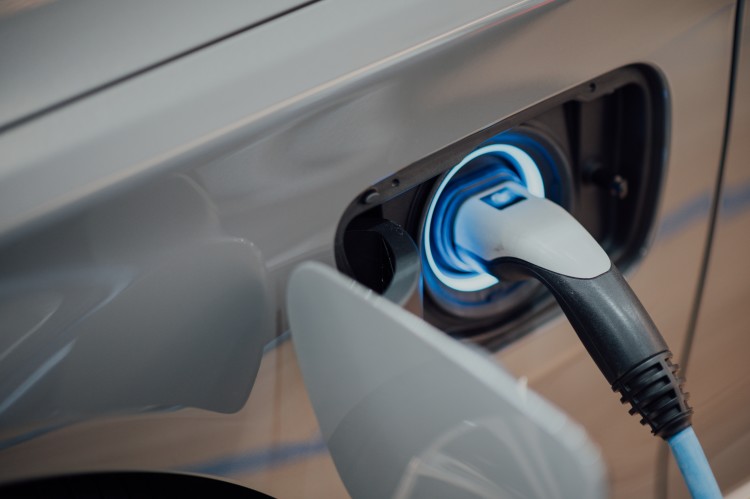Floristique Singapore Goes Greener with the Launch of Electric Vehicles to Fleet

Floristique Singapore will be the first florist in 2023 to switch from diesel-powered vehicles to electric-powered ones. Floristique wants to reduce its carbon footprint in a meaningful way by lowering emissions. To start, it will use a fleet of seven electric vans to lead the way.
Most online florists use diesel-powered vehicles for their deliveries, just like many other service-on-demand companies. Unfortunately, diesel engines contribute significantly to CO2 emissions. Furthermore, compared to gasoline-powered engines, diesel-powered engines emit more CO2 per mile travelled. CO2 emissions in huge amounts harm the environment and exacerbate climate change.
As a result, it is critical to minimise environmental footprints wherever possible. Floristique is leading the way toward a more sustainable future by reducing its reliance on fossil fuels in its operations.
Floristique is now able to function with the confidence that they have taken a more significant step towards sustainability with the purchase of its fleet of seven electric vans. Furthermore, the shift to electric vehicles has resulted in a coincidental drop in operating expenses.
“I believed that we could and should be doing more [as a business]. It was a good investment that has only provided benefits—both environmentally and as a bonus of being more cost-effective for business operations,” shared Han, founder of Floristique Singapore.
“Personally, I do not hold much regard for being the first florist to make this transition, but I do hope that it might inspire more businesses to do the same,” she continues.
Source: Media OutReach

